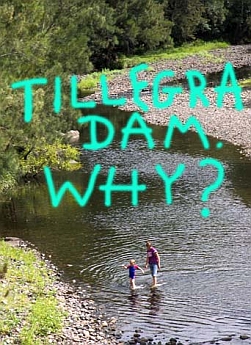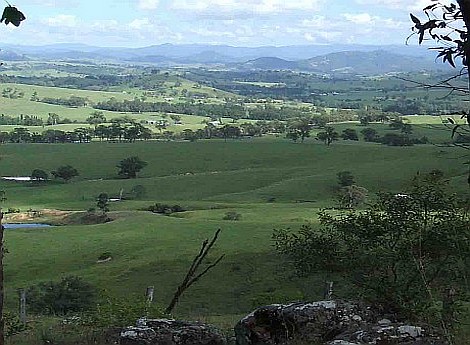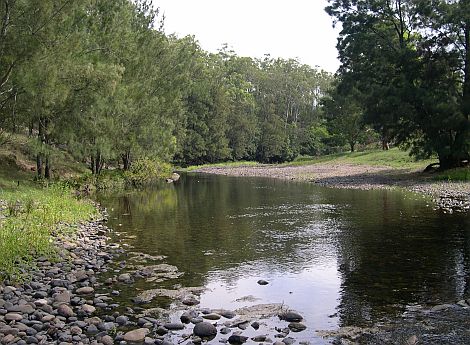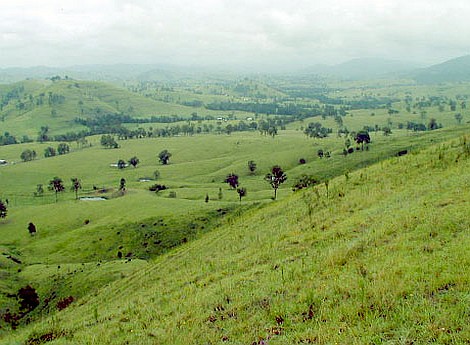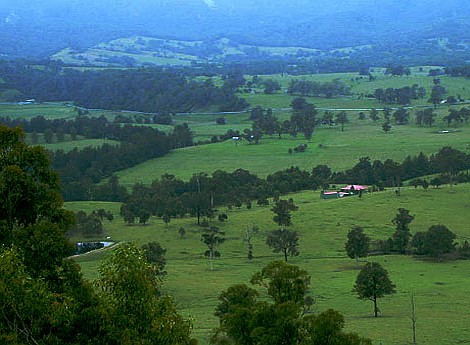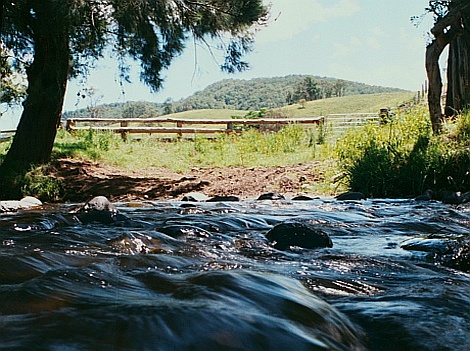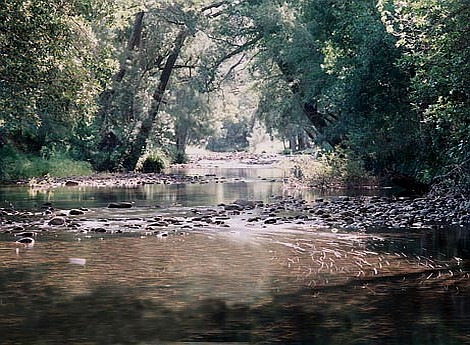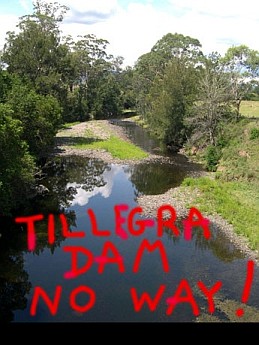Troubled Waters
Australian cities have traditionally relied for their water on a ‘predict-and-provide’ philosophy that gives primacy to big engineering solutions. In more recent years privatised water authorities, seeking to maximise consumption and profits, have reinforced the emphasis on increasing supply. Now the cities must cope with the stresses these policies have imposed on the eco-systems from which they harvest water, into which they discharge wastes, and on which they are located. Residents are having to pay more for their water, while the cities themselves are becoming less sustainable.
Must we build more dams and desalination plants, or should we be managing the demand for urban water more prudently?
Edited by Patrick Troy, Troubled Waters – Confronting the Water Crisis in Australia’s Cities is a book published by the Australian National University that explores the demand for urban water and how it has changed in response to shifting social mores over the past century. It explains how demand for centralised provision of water might be reshaped to enable the cities to better cope with expected changes in supply as our climate changes. It discusses the implications of property rights in water for proposals to privatise water services and argues for and provides guidelines for sustainable solutions.
